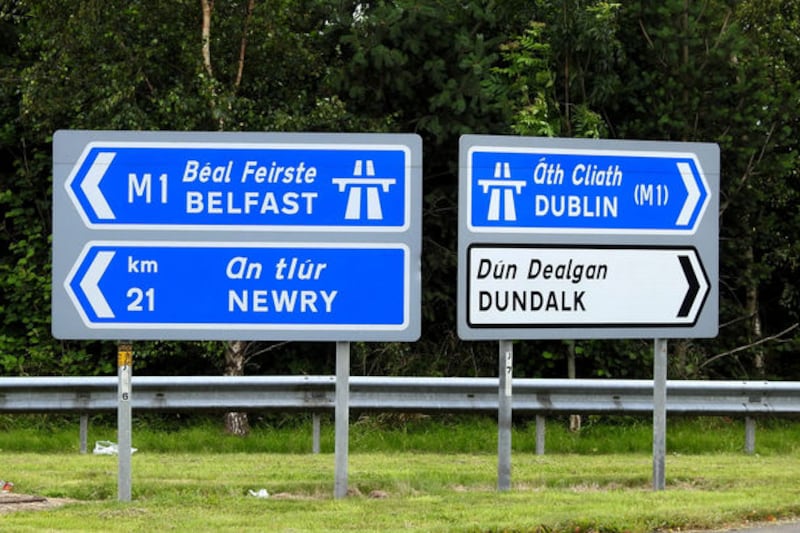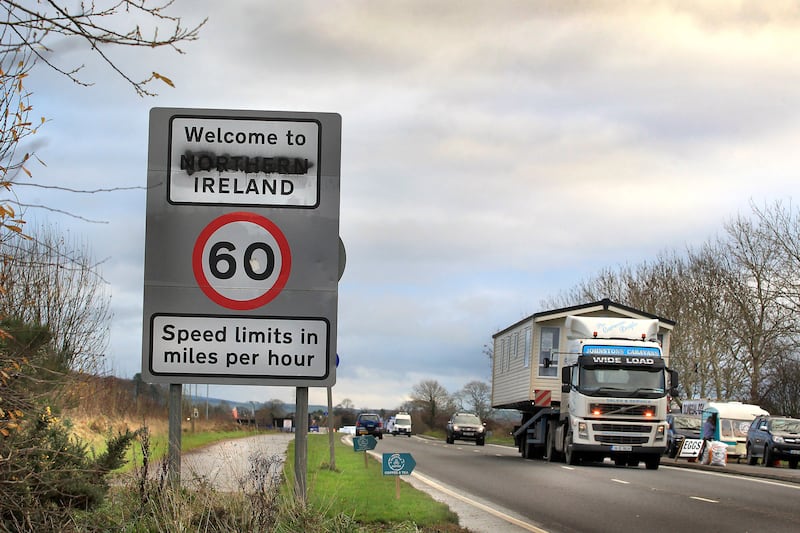LOYALISTS feel more disconnected and abandoned by the education system, churches and political leaders, a new study has found.
Academics have examined both loyalist and republican attitudes to education.
Stranmillis University College's Centre for Research in Educational Underachievement (CREU) and St Mary's University College yesterday published the findings from a pilot research project.
In autumn 2020, CREU director Dr Noel Purdy and Professor Peter Finn, Principal of St Mary's, facilitated focus groups with community activists, including former prisoners, from loyalist and republican backgrounds.
The project was designed to cast light on their educational journeys, and capture their thoughts and views on how underachievement could best be addressed.
It discovered there were many similarities in the childhood educational experiences of those who participated, with many expressing a strong sense of having severely limited opportunities as young people, but also growing up in families where education was valued.
During the Troubles, differences around the value and purpose of education emerged. Several loyalist participants spoke of how employment opportunities depended on family or community, rather than educational qualifications.
The republican experience was markedly different, with a much stronger identification with political struggle and education as a form of resistance.
Both groups spoke of the importance of a relevant, engaging curriculum to prepare young people for employment but also to develop a wider set of skills for life within broader society.
They both agreed the need to abolish academic selection and transfer tests, which were universally seen to favour middle-class children and discriminate against those from working-class loyalist and republican communities.
Researchers said an overriding impression came through from the loyalist participants of disconnection and abandonment by the education system, the churches and mainstream unionist political leaders.
They spoke repeatedly of "closed shops", "closed doors" and a lack of opportunity to exert a positive influence on young people's educational futures, despite their best efforts.
In contrast, the former republican prisoners enjoyed greater levels of acceptability within their own communities, easier access to schools, and a clear line of communication to political leaders, many of whom had similar life experiences.
The research provides a basis for further work to understand the educational experiences and perspectives of loyalist and republican activists, as well as young people most at risk of involvement in paramilitarism.
Dr Purdy said the fascinating and timely project highlighted several shared experiences of educational disadvantage, exacerbated by growing up in an increasingly tense and violent political context during the Troubles.
"It has also exposed strong feelings of political, social and educational marginalisation among many within loyalist working-class communities which urgently need to be addressed," he said.







